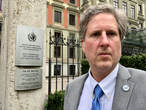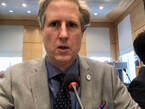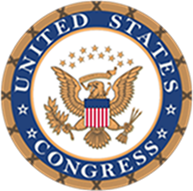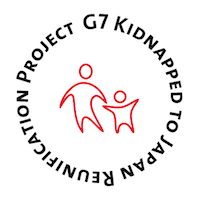
More than 500 since 1994 when the U.S. Department of State's Office of Children's Issue's (OCI) was established. Japan is internationally known as a black hole for child abduction.
Where does this 500+ figure come from?
It comes from data provided by the U.S. Department of State. Representative Chris Smith reported at the May 24, 2011 hearing in the House Foreign Affairs subcommittee, “Japan has by far the worst record of all. It has not issued and enforced the return order for a single one of the more than 321 American children abducted there since 1994, when the recordkeeping began.”[1]
321 was also the figure reported to us in our July 2011 meeting with OCI by then director Beth Payne along with then Assistant Secretary of State for East Asia and Pacific Kurt Campbell.
At this meeting we requested updated figures dating back to 1994. On August 25, 2011 parents of children kidnapped to Japan received a response stating, "As of August 19, 2011, that statistic is 268 cases involving 374 children."






















 RSS Feed
RSS Feed